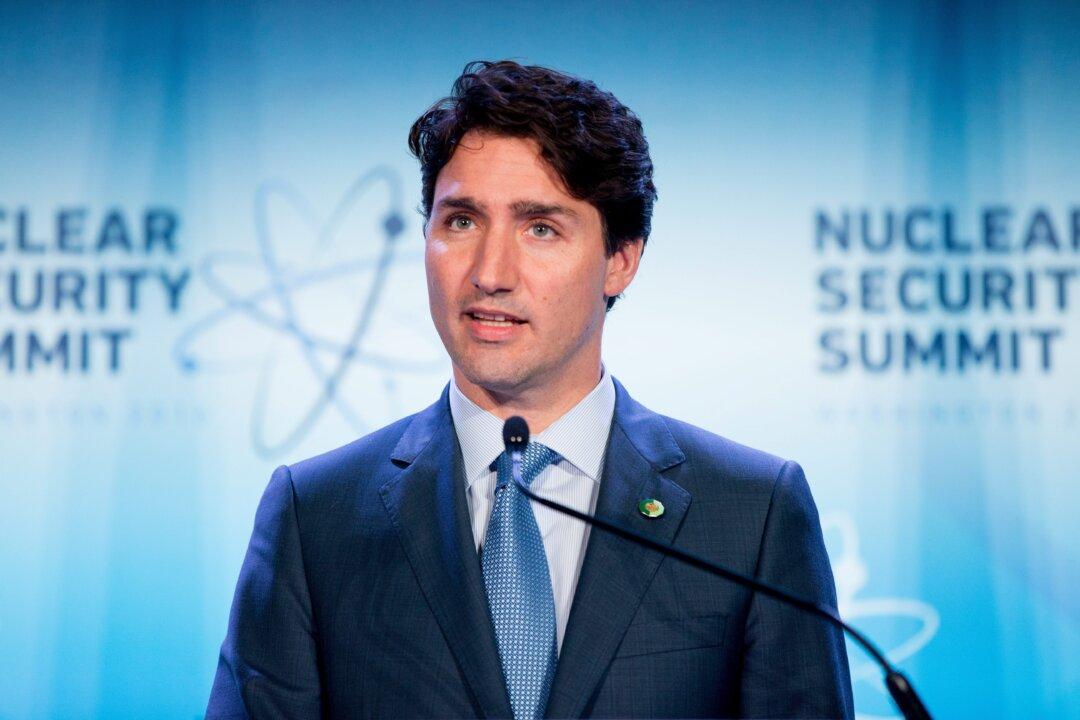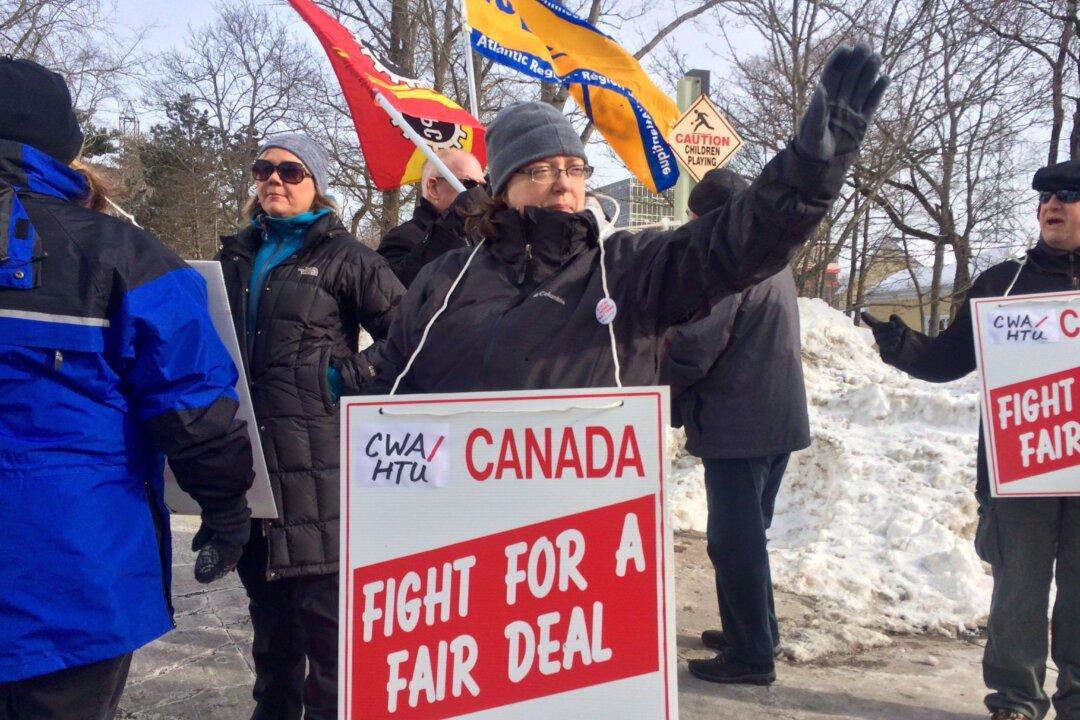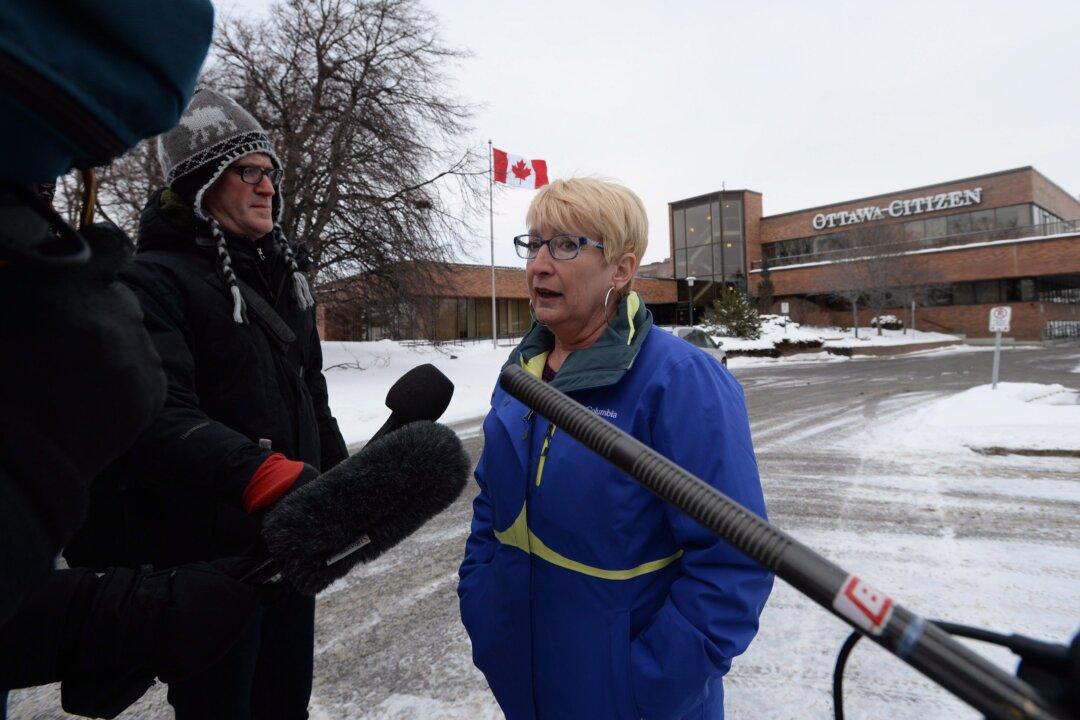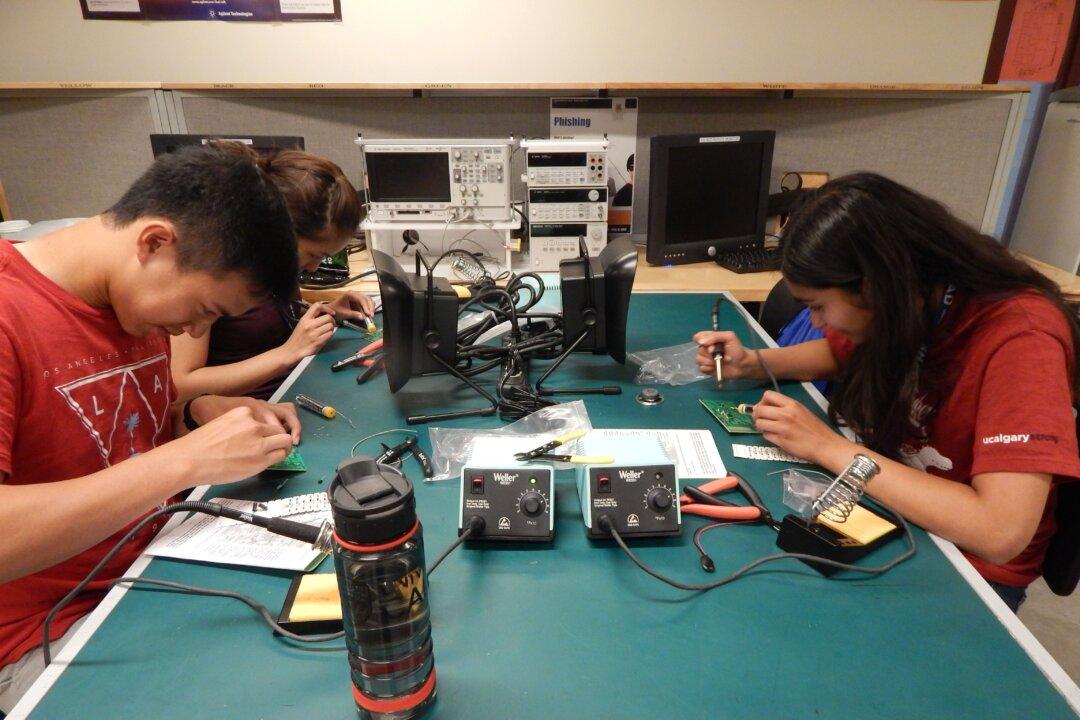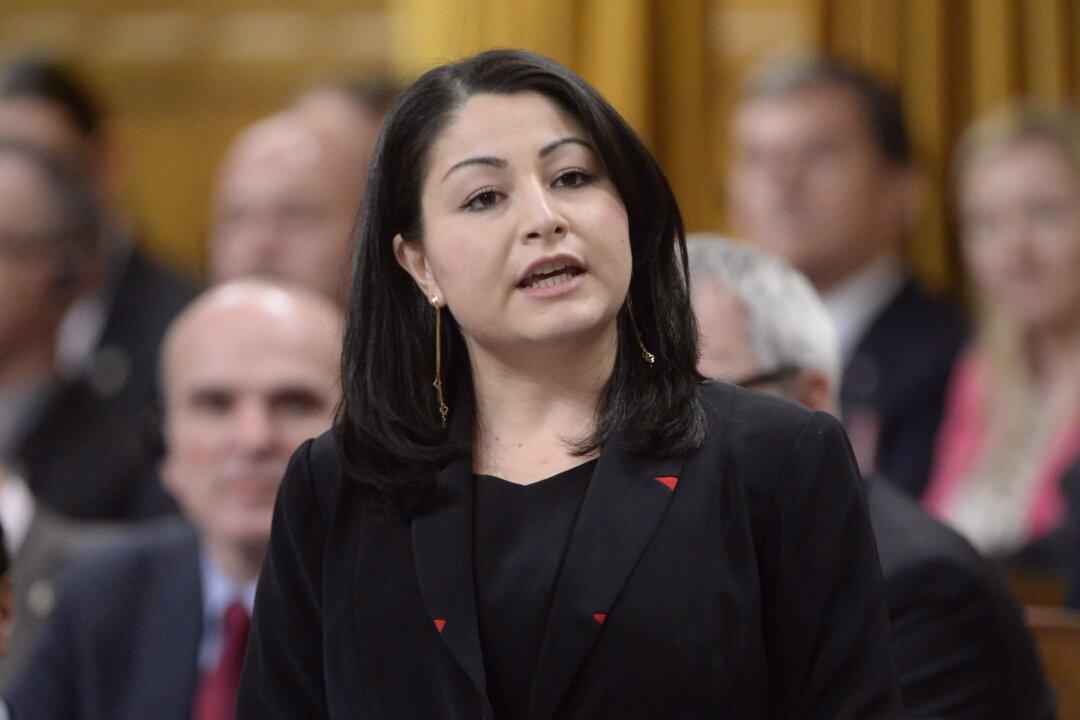Canada needs to play a bigger role in the world, an international conference of policy-makers held in Ottawa this past week has concluded.
The two-day conference, hosted by the University of Ottawa and titled “Canada in Global Affairs: New Challenges, New Approaches,” attracted Canadian and international experts who suggested innovative ways Canada could renew its role in global affairs.
Issues discussed ranged from cyber threats, openness of financial markets, health pandemics, challenges at the United Nations, climate change, and international legal issues.
“Increasingly, issues we thought were far away and someone else’s issues … not directly impacting our imperatives like prosperity or security, health or wellbeing—that’s gone. Those issues are increasingly and deeply affecting our own national interest,” Margaret Biffs, former president of Canadian International Development Agency, told delegates.
“I think it is safe to say over the past 25 years our ability to regulate these changes brought about by openness and globalization have lagged far behind the ability of some to take advantage of this openness,” added Walter Kemp, vice president and COO of the International Peace Institute.
“We opened the window to new opportunities, but also to new threats and challenges. Closing the window is no longer an option.”
Climate change and Canada’s role in mitigating environmental impacts was one of the main topics of discussion, with experts convinced that Canada can play an important role. Participants said weather changes are increasing instances of flooding, droughts, and other issues, particularly in the developing world.
Kemp suggested creating a new international paramilitary force to mitigate humanitarian disasters.
“We have seen so many tragic occasions in the last couple of years where international responders were overwhelmed by sudden onset disaster. This opens up a dangerous humanitarian gap. Who do you call?” he said.
“In the same way Canada pioneered blue helmets, I would suggest that we create civil defense forces that are trained in an internationally recognized standard to be deployed quickly in times of emergency.”
Canada’s possible role in resolving Indigenous Peoples’ issues was also discussed, given the recent commitment to start implementing the United Nations Declaration of the Rights of Indigenous Peoples. Canada had voted against the declaration’s adoption in 2007, but endorsed it in 2010. Recently, the ministerial letters committed Canada to working toward implementing both the declaration and the Truth and Reconciliation Commission’s recommendations.
“If we are going to be credible abroad we need to be more engaged at home,” said Robert Greenhill, president of Canada Global and former managing director of the World Economic Forum.
“People are correct about the aboriginal people. We didn’t even have a right to credibly speak about the issue until very recently. We should now be part of the global conversation.”
Kaven Baker-Voakes is a freelance reporter based in Ottawa.
